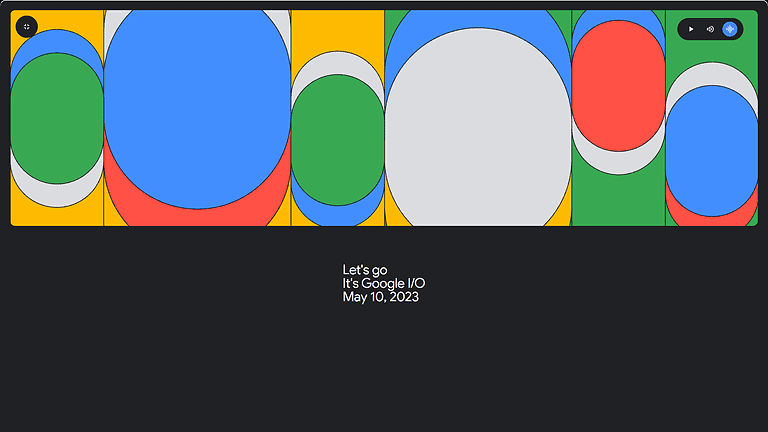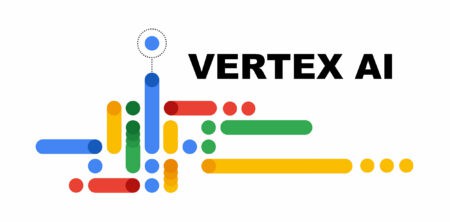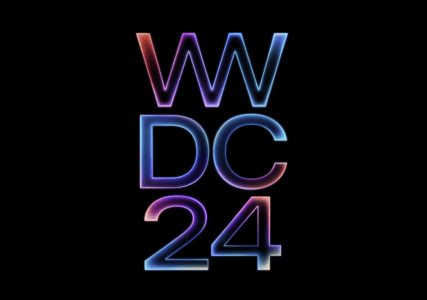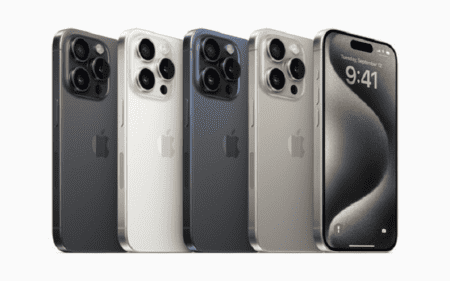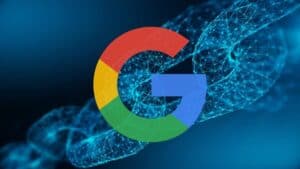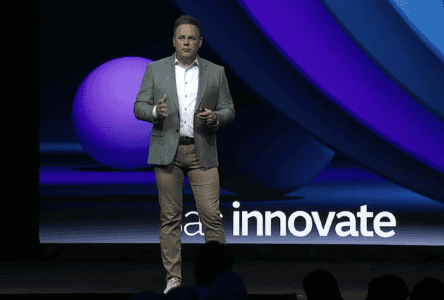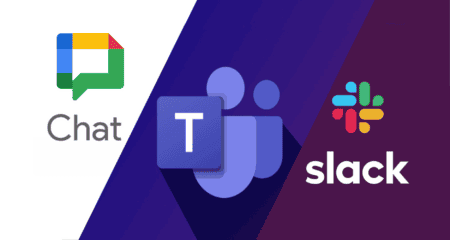Next week, the annual developer conference Google I/O takes place once again in San Francisco. There, as usual, the company will tell what projects it is working on and what it is looking to achieve in the future. Google has traditionally used the event to highlight new versions of Android and extensions of services.
In any case, we can expect hardware announcements. The Pixel Fold, Google’s first foldable smartphone, is likely to attract a lot of attention. In addition, we anticipate the debut of the Pixel 7a and Pixel Tablet. The Pixel 7a appears to essentially be a Pixel 7 with cheaper materials, equipped with a 6.1-inch screen and a 90 Hz image refresh rate. A sneak peek of the Pixel 8 is also possible, even if it will be a while before it hits the market. Google has done this before with previous flagship phones.
On the software front, we can be sure of plenty of news surrounding Android 14’s feature set. The operating system has been around in developer beta form since early February. After Android 13 focused mainly on usability, version 14 looks to have more meaningful enhancements in store. Android 14 is known as “Upside Down Cake” internally and is expected to launch in the summer. According to TechCrunch, we’re set for more accessibility features, in addition to expanded security measures such as a block on outdated apps prone to malware. Wear OS, the operating system for Android smartwatches, may also get an update to version 4.
To unify hardware and software, Android has recently been betting on “cross-device experiences.” Examples include streaming from one device to another and extensive interaction in terms of measurement tools for health apps. Google came out with a Cross-Device Services app in April that may indicate the arrival of Wear OS 4. There are also rumors surrounding an encryption-protected Find My Device feature that shares a device’s last known location with Google.
Mobile, web, AI and cloud – with an emphasis on AI
In addition to enhancements to various Google services, the planned sessions about mobile and web features focus primarily on developers. Cloud development gets plenty of sessions as well, in order for Google devs to divulge details about new features and integrations.
What is immediately noticeable is that the division into mobile, web, AI and cloud does not quite do justice to the importance that one of those four in particular seems to have. Unsurprisingly, it’s artificial intelligence. Since the last Google I/O, the perceived importance of artificial intelligence has increased at a meteoric rate. The entire IT industry is rampant with it: new applications incorporating generative AI in particular are being announced on a daily basis. Google itself has long been working on the AI-based Imagen, a powerful DALL-E-like image generator. Perhaps the company will come out with an announcement of an application of this.
For Google, AI remains a complex issue. It is embroiled in a development battle against OpenAI and, in particular, investor Microsoft, which has applied artificial intelligence to all sorts of areas. Project Magi was launched in a hurry to provide competition against the new Bing, which acts as a chatbot and delivers targeted search results in a more human way. In any case, we can expect news at Google I/O about the application of AI to virtually all of Google’s services. At least artificial intelligence is already present in Gmail and Google Docs.
Notable is the technical session that addresses safe and responsible development of generative AI models. According to Google CEO Sundar Pichai, there needs to be clear regulations regarding AI, but for now there are only plans from Brussels and the US. Therefore, it will be interesting to see what Google considers safe and responsible.
Also read: Google finally adds passkeys: ‘beginning of the end for passwords’
